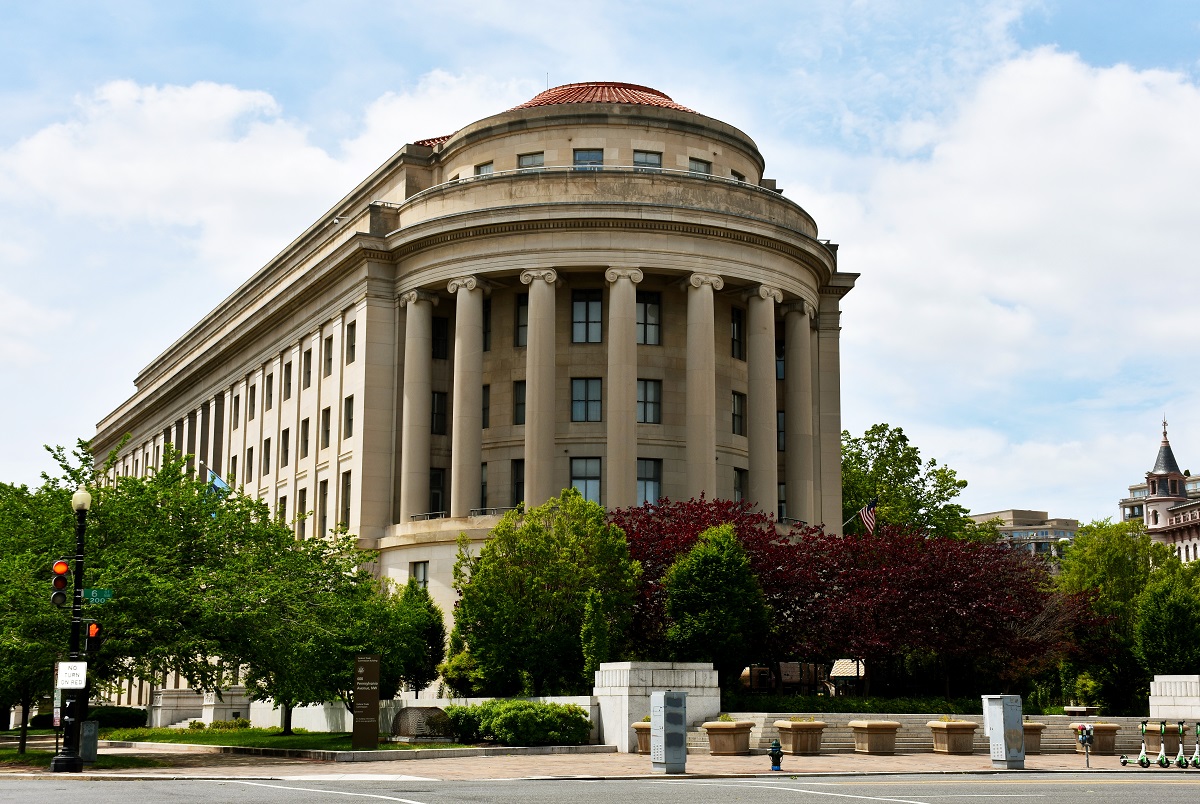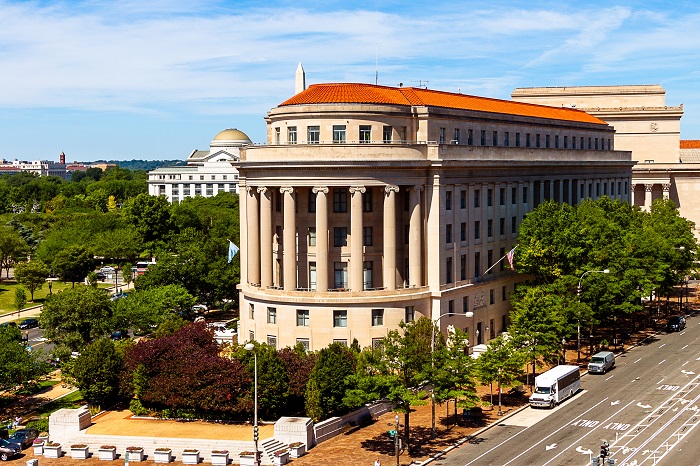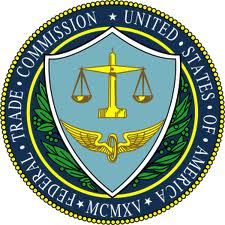The Federal Trade Commission recently announced approval of an amendment to the Gramm-Leach-Bliley Act Safeguards Rule to require nonbank financial institutions to report to the FTC the unauthorized acquisition of unencrypted customer information involving at least 500 consumers (a “notification event”).
Posts tagged as “FTC”
In a pair of recent enforcement actions, the Federal Trade Commission cracked down on companies with allegedly lax data security measures that resulted in the theft of personal information of millions of consumers.
On Aug. 11, 2022, the Federal Trade Commission issued an Advance Notice of Proposed Rulemaking seeking input that will shape potential rules “to crack down on harmful commercial surveillance and lax data security.”
Determining whether your business engages in activities that can trigger coverage is discussed by the Federal Trade Commission in just released guidance entitled “FTC Safeguards Rule: What Your Business Needs to Know.” The Rule applies to many businesses beyond the scope of what are commonly understood to be “financial institutions” and has implications for service providers to covered entities.
The Federal Trade Commission recently amended the Safeguards Rule, 16 C.F.R. § 314.1, et seq., with significant changes to how an information security program should be designed, what it must include, and who needs to be in charge.
The Supreme Court of the United States recently held that the Federal Trade Commission Act allows permanent injunctions to prevent future violations but does not authorize the Federal Trade Commission to seek, or a court to award, equitable monetary relief such as restitution or disgorgement, except that the FTC may obtain monetary relief by first invoking its administrative procedures and then Section 19’s redress provisions (which includes limitations).
The FTC will soon propose changes it says are designed to align several existing rules under the federal Fair Credit Reporting Act with the Dodd-Frank Act. The impacted rules cover only “motor vehicle dealers” being persons “predominantly engaged in the sale and servicing of motor vehicles, the leasing and servicing of motor vehicles, or both.”
The Court of Appeals of California, First District, recently held that the Federal Trade Commission's "Holder Rule" limitation on recovery applies to attorney fees, such that a plaintiff’s total recovery on a Holder Rule claim — including attorney fees — cannot exceed the amount paid by the plaintiff under the contract.
The U.S. Court of Appeals for the Ninth Circuit held that an online payday lender’s “loan note” violated § 5 of the Federal Trade Commission Act because, although it was “technically accurate,” the lender’s online loan portal made it difficult to discern the loan terms and therefore likely to mislead consumers about the terms of the loan. Accordingly, the Ninth Circuit affirmed the trial court’s summary judgment and relief order in favor of the FTC. A copy of the opinion in Federal Trade Commission v. AMG Capital Management, LLC is available at: Link to Opinion. The defendant owner controlled a series…
The Federal Trade Commission has released a report examining the benefits, potential risks, and legality of the use of big data in business. Big Data: A Tool for Inclusion or Exclusion? Understanding the Issues focuses on how big data is used after it is collected and how that information could result in discrimination against consumers. The primary goal of the report is to provide businesses with important information on the relevant laws to big data analytics, as well as guidelines on how to use big data effectively while remaining compliant and non-discriminatory, according to the FTC. “Big data’s role is…
The operators of a fraudulent debt collecting scheme have settled Federal Trade Commission charges against them by agreeing to be banned from the debt collection business and telemarketing. The defendants were named in an FTC complaint last year, which alleged that they collected millions of dollars from Spanish-speaking consumers throughout the country by demanding they pay non-existent debts. The various companies and individuals were said to have been threatening their victims with lawsuits and arrest and immigration status investigations if they did not agree to make payments on the falsified debts. The settlement orders that the fraudulent company and related…









